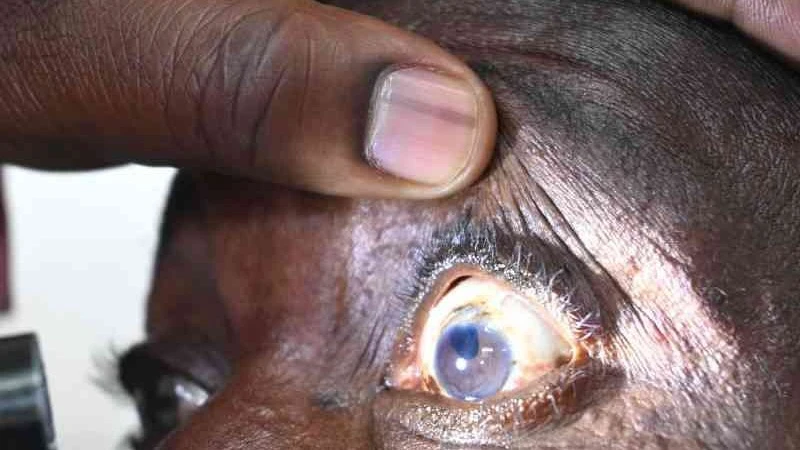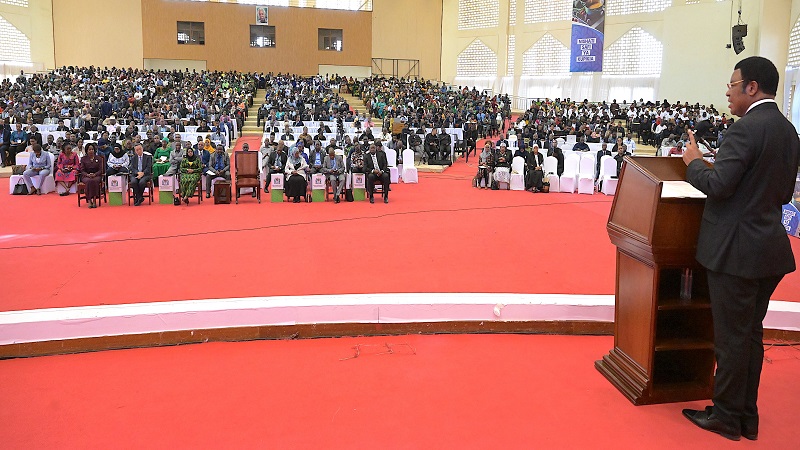Over 200 diagnosed with cataract at free eye camp

A TOTAL of 295 people in Dar es Salaam have been diagnosed with cataract cases during a three-day free eye screening camp held at the Mnazi Mmoja grounds.
Mohammadraza Dewji, Khoja Shia Community Chairman, unveiled this in the city on Tuesday when wrapping up the camp, stating that the identified cases were out of 5,818 people who attended the screening.
He said that 2,469 people were given reading glasses and 2,945 were given eye drops.
“We also collected 2,816 units of blood and conducted 2,102 health screenings and consultations,” he said.
Dewji said that 56 cases were recorded and scheduled for long-term follow-up and major surgeries, hinting that a total of 5,000 people were informed on mental health challenges.
“A total of 1,382 individuals underwent cancer screening and 29 of them were found with symptoms,” he said, noting that other tests, including ultrasound, unveiled over 70 cases of the disease.
Emphasis was also made on provision of mental health education, where residents were educated on how to recognise and address the growing health challenge whose symptoms include stress, anxiety and depression.
"Provided education aimed at enabling people to understand how to take care of themselves and how to seek assistance when needed,” he said.
The screening was accompanied by several counselling sessions that were conducted alongside different educational programmes as well as guidance provision on mental health management using scientific and spiritual methods.
The camp’s chief health practitioner, Dr Amir Khanji, said mental health was an often-overlooked issue, especially in the communities, urging people living with relatives suffering from mental health challenges to increase intimacy with them to better understand the problems they go through.
“Non-communicable diseases are mainly lifestyle challenges arising from how people live, eat, and relate. High consumption of sugary foods, fatty and unbalanced diets as well as inactivity exacerbate the challenge,” he said.
Dr Khanji advised people working in various settings and environments to appropriately use protective gear to prevent themselves from work-related illnesses.
Top Headlines
© 2024 IPPMEDIA.COM. ALL RIGHTS RESERVED






















